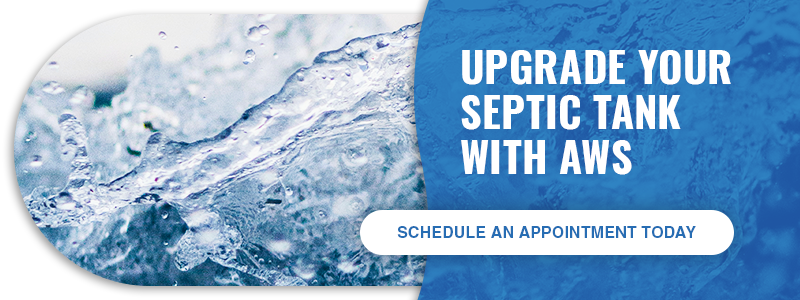The Hamptons are known for being an area where wealthy New Yorkers vacation during the summer and sometimes spend their weekends. This routine worked fairly well until the pandemic hit and more and more people were spending more and more time in the area. This may not seem like that big of a problem, but with Suffolk County’s centuries-old infrastructure, the increase in people is putting added pressure on the sewage system.
Suffolk County, which runs from Montauk on the east end to the town of Babylon on the west, still relies on antiquated cesspools and septic systems for its wastewater management. Nearly 75% of homes in the area still use old septic tanks. These systems are simply concrete or brick containers that hold waste from homes, but they are slowly leaching nitrogen into the groundwater. This outdated model has been a known issue for the state; however, the surge of residents coming to stay at second homes, rather than just visiting, is causing a variety of problems, including sewage backups.
In addition to septic tank failures, nitrogen in the groundwater is having a significant impact on the health of local bodies of water, local wildlife, and even drinking water. Lake Agawam and many other freshwater ponds have seen an increase in algae blooms, which is caused by excess nitrogen and leads to a lack of oxygen in the water, impacting not only the wildlife environment but the ability for locals to swim in the water. The region has a history of spawning wildlife such as blue crabs, oysters, and American eels, as well as harvesting clams and scallops. However, due to an increase in nitrogen, the harvests of clams and scallops have decreased 99%, according to Christopher Gobler, the head of coastal ecology and conservation. According to local scientists, drinking water in the Suffolk County region ranks in the top 5% of nitrate levels.
The good news is that New York state does have a plan for updating current residential and commercial wastewater treatment systems to more modern and efficient systems. In 2019, Suffolk County committed to investing $4 billion over the next 50 years to update old septic and cesspool systems. The money provides residents and business owners with grants and rebates to cover the cost of updating their wastewater system.
That’s where Advanced Wastewater Solutions (AWS) comes in. Our team has partnered with Fuji Clean to help residents, businesses, home builders, contractors, and architects create a strategy for installing an Innovative and Alternative Onsite Wastewater Treatment Systems (I/A OWTS). These systems can remove upwards of 90% of nitrogen from wastewater, helping to clean up groundwater, nearby bodies of water, and helping provide a cleaner environment for wildlife.
Learn more about what AWS does, about the Fuji Clean system, and read a related article from The Guardian, New Yorkers fled to the Hamptons in 2020 – and sparked a major sewage crisis, which features Bryan McGowin, founder and president of Advanced Wastewater Solutions.


